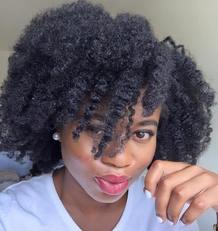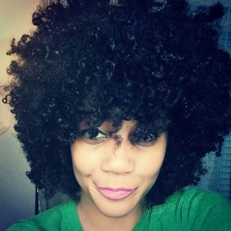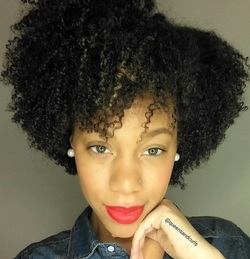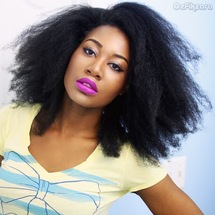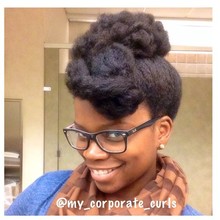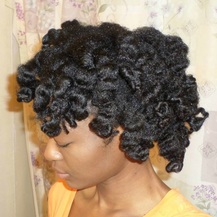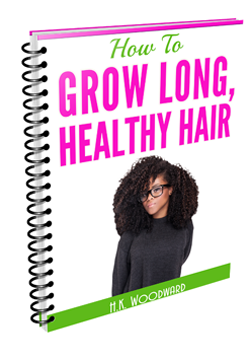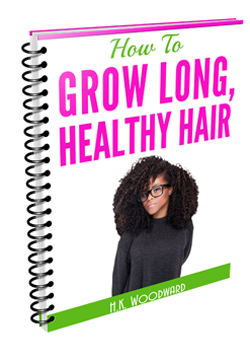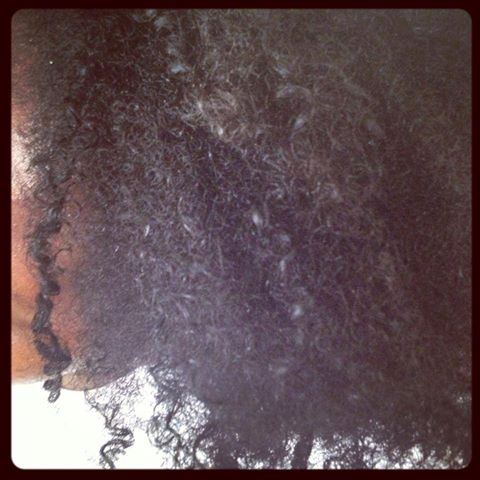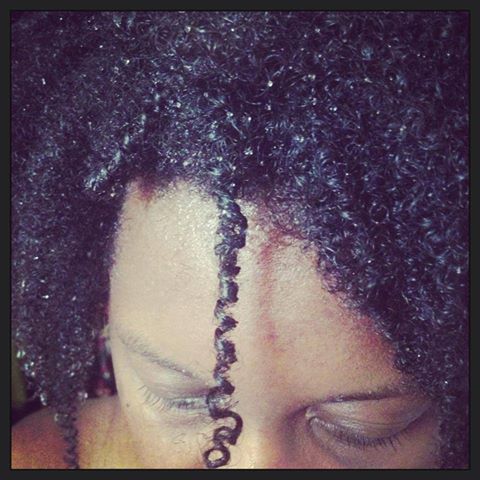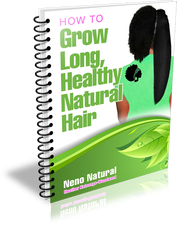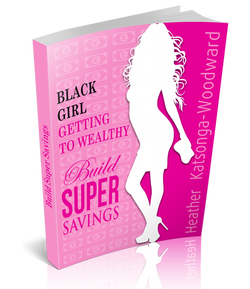|
By Miranda Hicks
Author Bio: Hi guys. My name is Miranda, and I am a professional hairstylist based in New York. I have been in the fashion industry for the past 10 years and have been graced to work with the some of the top ranking professionals in the field. For the latest information on hair products, styling tips and more, check out my top hair straightener (flatironpro.com) reviews.
Hair care being a prominent part of a woman’s daily rituals provides an insight into the quality of her hair, and this is particularly important if you are following the myths that surround the hair care routine. It is a fact that various myths about hair care are implemented by women across the world to ensure having long and shiny tresses. But, there is a need to take a look at the rational viewpoint regarding hair care myths that need to be supported by logical reasoning to ensure that women follow only healthy hair practices. In this article, I will dispel some of the most common myths related to hair care so that all you beautiful ladies can practice a healthy hair care regimen.
Repeated Shampooing is key to Healthy Hair A most common myth related to hair care is repititive shampooing. This myth is entirely false as repeatedly shampooing hair can deplete the moisture present in hair and leave it dry. So, don’t over-shampoo your hair if you want to maintain the natural shine and moisture of your hair as well as keep it healthy and strong. Hair Growth is Directly Related to Regular Trimming Sessions Another popular myth about hair care is that regular trimming sessions make your hair grow faster, but it doesn’t hold true regarding healthy hair growth. The fact is that every month hair grows about half an inch whether or not you go for the trimming sessions. It is true, however, that trimming makes your hair look presentable and well managed, but hardly helps the process of hair growth. Wash Your Hair with Cold Water Only You must have heard many times from people that you should wash your hair using cold water only to keep it nourished and healthy. In fact, the lukewarm water is more helpful for rinsing products out of your hair because cold water frequently doesn’t clean products from hair entirely. The use of cold water at the end of your wash process can, however, make hair look a bit shiny, so use cold water to rinseyour hair, since excessively hot water can robyour hair of all the essential moisture. You Can Repair Split Ends It is often seen that women resort to different hair practices to cure split ends. The fact is that split ends can’t be repaired even if you use the best shampoos and conditioners, as the only way to minimize the occurrence of split ends is to go for regular trimming sessions, but even then,existing split ends cannot be undone. Comb Your Hair by Following a Set Pattern Only Some suggest that you should brush your hair from top to bottom (roots to tips) following it’s natural growth pattern. However, the fact is that it’s better to comb curly hair from the tips first and gently work towards the roots to minimize breakage and hair loss. Make sure to brush your hair only when itismoist(not too dry and not too wet) as wet hair combing can lead to unnecessary breakage. Conclusion Popular myths about haircare have become an indispensable part of life as women tend to follow these misconceptions without questioning them. So, I have tried to bring up the most common myths and have debunked them to make sure that you wonderful gals follow only healthy hair practices. Be gentle with your tresses and don’t follow any hair care myths blindly to have luscious hair. All views are those of Miranda Hicks.
0 Comments
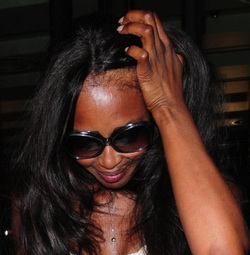
The simple answer is yes: scratching can and will lead to hair loss. You should completely avoid scratching.
According to Medical News Today, "Studies have shown that with only 90 minutes of continuous scratching by the fingernails, it is possible to remove all of the cuticular scale, a protective covering on individual hairs, off of a hair shaft. This loss leaves the hair shaft weakened and permanently damaged, making it easily susceptible to breakage and hair loss." Excessive scratching could also lead to a form of traction alopecia. This is a condition in which hair is gradually lost due to excessive pulling. You are at risk of developing traction alopecia if:
Seriously guys, after reading up on this I have loosened up my headscarf because I put it on so tightly that it hurts around my head. I am restricting the blood flow to my scalp and circulation is very necessary for hair growth. The likelihood of scratching is especially high if you have a scalp condition e.g. scalp psoriasis. Such conditions may make your scalp itchy so you naturally feel the urge to scratch more often than someone who doesn't have an existing skin condition. What should you do if you have excessive itchiness? 1. Pat or rub with the flats of your finger, don't scratch. 2. A dry scalp will exacerbate itchiness. Wash your hair and place peppermint oil in either your shampoo or condition. I wrote about this extensively in my blog on "Neno Natural's foolproof anti-itch hair wash". I have used my anti-itch formula several times and it works every single time. 3. Consider whether one of your products is causing the itchiness and stop using it. 4. Stop thinking about scratching or how itchy your scalp is. The more you think about it, the more you'll want to scratch. The good news: hair lost due to scratching is not permanent and a brand new hair follicle will replace the lost one. The bad news: you need to stop scratching otherwise you will lose more hair. Follow me @NenoNatural and check out Neno Natural's Haircare Store.
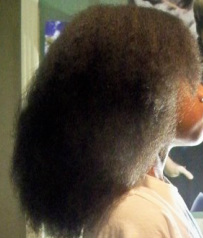
Overall, air drying natural hair is the safest option. You can't get heat damage from the hair, however, some air drying methods are better than others!
I don't have a loose curl pattern. I have kinky 4C hair on 80% of my head except for the back where it is actually wavy, it's not curly at all. I did my first wash and go in December 2012, roughly 18 months into my natural journey. When my hair was wet it was easy to moisturise and seal but by the next day my hair had shrunk very, very tightly and it was more tangled than usual. Remember that the chances for incurring breakage are highest when you're detangling very tangled hair. There's no point in keeping hair healthy by air drying and then incurring breakage due to the resulting tangles! My conclusion is that air drying hair that hasn't been styled into twists or plaits is not the best option for thick, course kinky hair. It makes handling the hair much harder two or three days later. 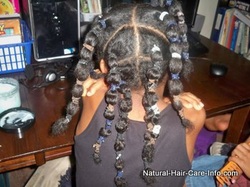
So, what is the best way to air dry?
Loose curls and fine hair:
Short hair
Thick, course or very kinky hair:
What is your experience with air drying?
|
I now blog about wealth creation - so if you have any money questions meet me there, you can do all sorts of cool things like leave me a voicemail.
By Heather Katsonga-Woodward
I was a natural hair blogger and mixtress living between London & Chicago from 2012 to 2017. I always thought I was 4C but some say 4B; images below - you decide! Heather xx Categories
All
Archives
November 2016
|

